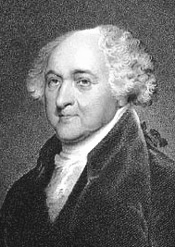Sieniuta Family
If your browser cannot read Polish characters, click here.
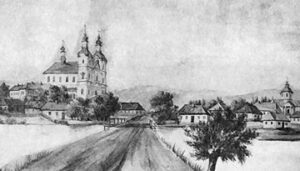 Krzysztof Sieniuta, his nephew Piotr Sieniuta, and Piotr’s son, Aleksander Krzysztof Sieniuta, were Polish noblemen and patrons of the Polish Brethren (Arians) in Wołyń. The Polish Brethren flourished in 17th Century Poland, a period of relative religious toleration between the Reformation and the reassertion of Roman Catholic control.…
Krzysztof Sieniuta, his nephew Piotr Sieniuta, and Piotr’s son, Aleksander Krzysztof Sieniuta, were Polish noblemen and patrons of the Polish Brethren (Arians) in Wołyń. The Polish Brethren flourished in 17th Century Poland, a period of relative religious toleration between the Reformation and the reassertion of Roman Catholic control.…
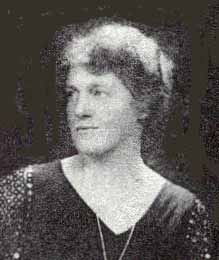 Olive Higgins Prouty (January 10, 1882-March 24, 1974) was an American novelist, most active in the period between the First and Second World Wars. In this interval between women’s suffrage and women’s liberation, when few openly questioned the notion that a woman’s fulfillment is to be found in a subordinate role, Prouty insisted on the importance, for women as well as for men, of independent judgment, freedom from illusion, and full personal responsibility for one’s actions.…
Olive Higgins Prouty (January 10, 1882-March 24, 1974) was an American novelist, most active in the period between the First and Second World Wars. In this interval between women’s suffrage and women’s liberation, when few openly questioned the notion that a woman’s fulfillment is to be found in a subordinate role, Prouty insisted on the importance, for women as well as for men, of independent judgment, freedom from illusion, and full personal responsibility for one’s actions.…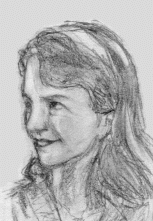 ylvia Plath (October 27, 1932-February 11, 1963) was a poet, literary critic, novelist, diarist, correspondent and sometime social activist. On the evidence of her intensely confessional poetry, Plath’s personal theology was humanist, with a leaning toward nature mysticism. Throughout her short life she associated closely with the Unitarian church.…
ylvia Plath (October 27, 1932-February 11, 1963) was a poet, literary critic, novelist, diarist, correspondent and sometime social activist. On the evidence of her intensely confessional poetry, Plath’s personal theology was humanist, with a leaning toward nature mysticism. Throughout her short life she associated closely with the Unitarian church.…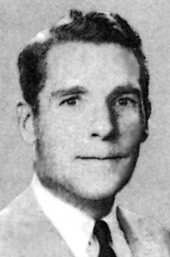 Leslie Talbot Pennington (October 30, 1899-December 6, 1974), a Unitarian and Universalist minister who chaired the Unitarian Commission on Church Union, was throughout his career an active civic leader and organizer of pioneering church social action programs. He was especially prominent in advocating international peace and promoting neighborhood racial integration.…
Leslie Talbot Pennington (October 30, 1899-December 6, 1974), a Unitarian and Universalist minister who chaired the Unitarian Commission on Church Union, was throughout his career an active civic leader and organizer of pioneering church social action programs. He was especially prominent in advocating international peace and promoting neighborhood racial integration.…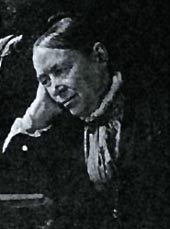 Susan Charlotte Barber Lloyd Jones (May 15, 1832-October 26, 1911) was the first wife of the Unitarian minister
Susan Charlotte Barber Lloyd Jones (May 15, 1832-October 26, 1911) was the first wife of the Unitarian minister 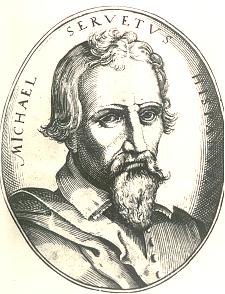 Michael Servetus (1509 or 1511-October 27, 1553), a Spaniard martyred in the Reformation for his criticism of the doctrine of the trinity and his opposition to infant baptism, has often been considered an early unitarian.…
Michael Servetus (1509 or 1511-October 27, 1553), a Spaniard martyred in the Reformation for his criticism of the doctrine of the trinity and his opposition to infant baptism, has often been considered an early unitarian.…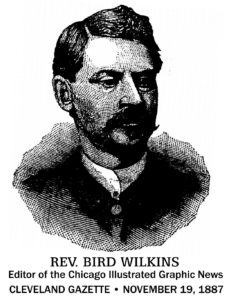 John Bird Wilkins (ca 1849-1938) was a minister, teacher, inventor, and newspaperman. For a year or two he was a Unitarian minister. Little is known of his early life; no birth date, no mother’s name, no father’s name, no school records, and no places of residence.
John Bird Wilkins (ca 1849-1938) was a minister, teacher, inventor, and newspaperman. For a year or two he was a Unitarian minister. Little is known of his early life; no birth date, no mother’s name, no father’s name, no school records, and no places of residence.